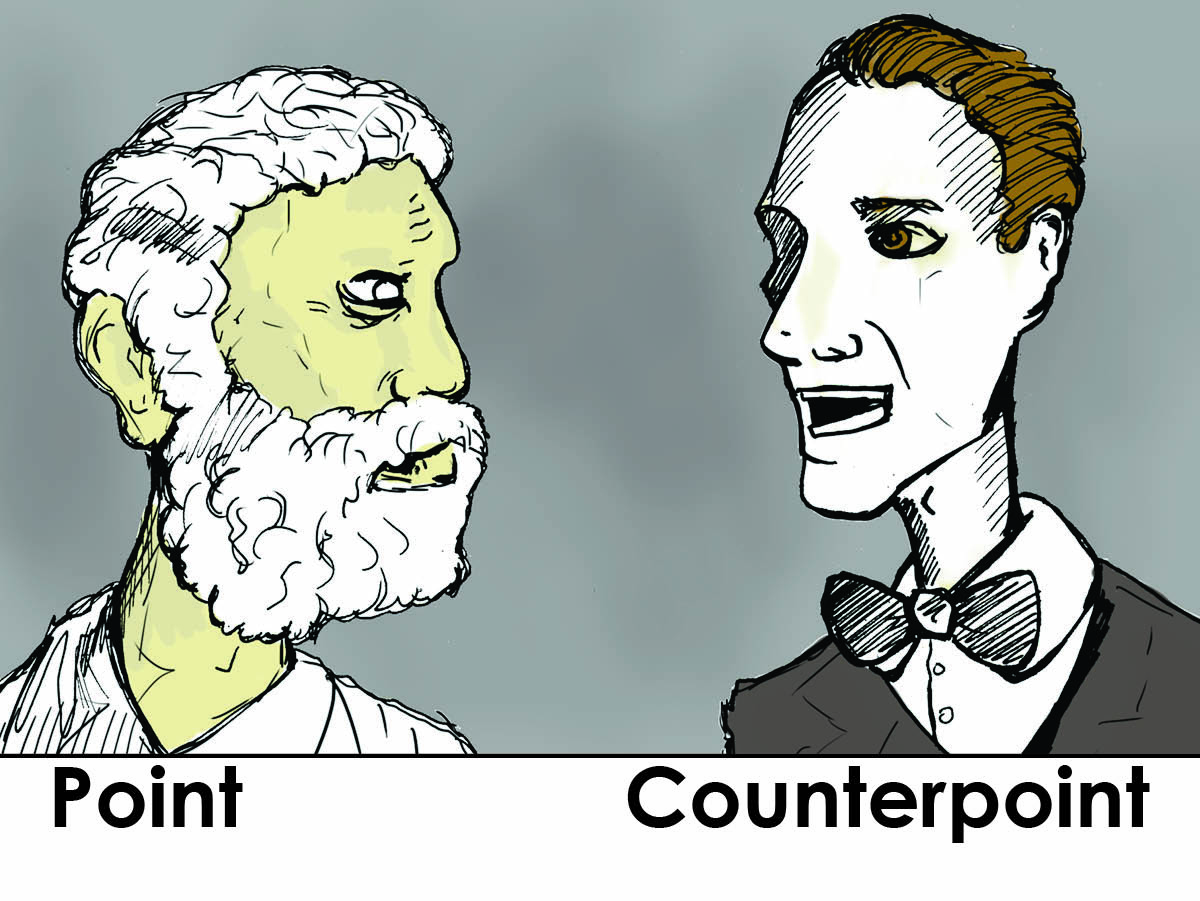Con:
Science cannot, and cannot be allowed to, render philosophy obsolete.
One defence is that arguments for science as a reliable means for learning about the world are themselves deeply philosophical. Namely, scientific reliance on information obtained through the senses conforms to the tradition of empiricism.
Empiricism, promoted by the likes of Hume, arose to confront outdated and unsatisfying epistemologies, such as rationalism and religion. Science thus arose not out of the death of all philosophy, but out of the eclipse of bad philosophy by good.
Imagine for a second that all good scientists forgot about empiricism. Two unacceptable consequences would result.
The first is that scientists would be unable to explain what it is that makes their way of obtaining information about the world particularly unique and reliable.
Locke and Hume, among others, worked out arguments to show that information obtained through these means (that which is detectable by the senses) is the only method for obtaining knowledge. Whenever someone (including a scientist) says that they “know” something because they observed it, they are implicitly relying on the empirical theory of knowledge.
Since the justifications for scientific reasoning cannot be demonstrated scientifically (to do so would be begging the question), philosophy cannot be made obsolete. Empiricism must be invoked every time science is defended in debate, whether acknowledged or not. The alternative is that everyone acknowledges that philosophy is obsolete, and has absolutely no ground to stand on when they assert the supremacy of science as a form of knowledge. The utility of philosophy is retained.
The second consequence is that it would be harder to distinguish bad science from good. Someone once pointed out to me the following all-too-frequent scenario: the news reporter asks the medical scientist, “Can you say for certain that the new vaccine works?”
The medical scientist insists that 90 per cent of people who receive the vaccine have not contracted whatever terrible malady is rabidly inflicting itself upon the world; we are thus operating on the theory that the vaccine eliminates the disease.
The news reporter then reports that the medical scientist will not say outright that the vaccine can be guaranteed to work, and the masses respond with a kind of reverse skepticism.
What is really going on is that the medical scientist understands the constraints of empiricism – specifically, a constraint that Karl Popper referred to as the problem of induction.
Hume and Popper both recognized the dubious nature of inductive reasoning. The fact that something has been shown to be true in the past does not, in itself, offer proof that it will be true in the future. The fact that the vaccine worked so far does not amount to indisputable proof that it will work tomorrow. Similarly, just because every apple you have seen in your life is red, you cannot now conclude that all apples are red.
Popper argued that the scientific method works its way around the problem of induction by formulating falsifiable theories, supporting them with evidence, and reformulating them when contradictory evidence arises.
If we decide philosophy is to be rendered obsolete by the ever-maturing sciences, and therefore ignore the problem of induction, then we will have limited tools to differentiate between good science and pseudoscience – the latter purporting to adhere to the scientific method but then advancing claims to knowledge based on inductive reasoning.
The above shows that philosophy cannot be made obsolete by science because science itself must be defended on some level by philosophical—empiricist—arguments.
The case for philosophy can be advanced even further, though: new scientific knowledge, far from making philosophy obsolete, frequently raises questions that can only conceivably be dealt with on a philosophical level.
Neuroscience and genetics, for example, raise all kinds of questions pertaining to morality, duty, and what ought to be permissible by a good society. The field of ethics must continue to be explored.
In conclusion, I think scientists and philosophers are engaged in a sort of mutually beneficial symbiosis. One will not make the other obsolete. Scientists and philosophers will continue to make efforts to learn from each other – without the former driving the latter out of business.




Its kinda like the symbiosis renders a lot of nonsense obsolete
but then again, i love learning about obsolescence